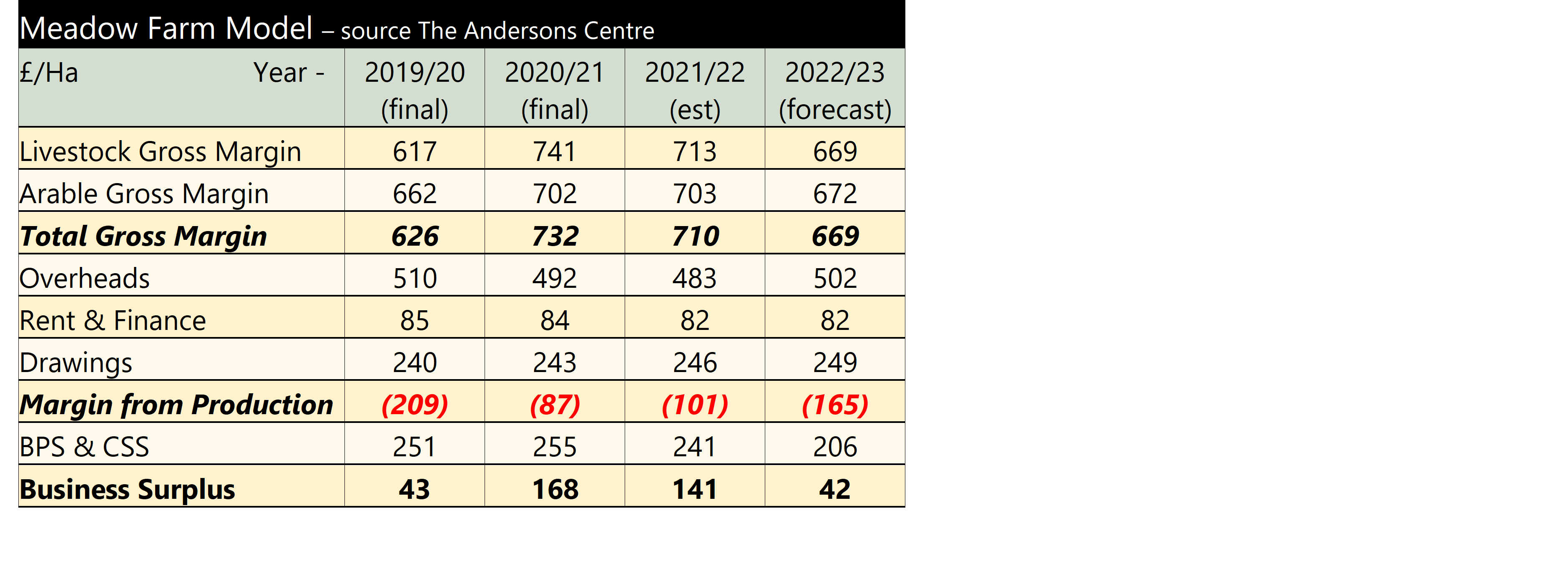Under the new Animal Health and Welfare Pathway farmers will receive a fully funded annual visit by their own vet. The Animal Health and Welfare Pathway aims to improve the health and welfare of English farmed animals by controlling and eventually eliminating endemic diseases. The Annual Health and Welfare Review, which is due to be launched in spring 2022 as part of the Sustainable Farming Incentive (SFI 2022), will be the first element of the Pathway.
The Review will consist of a yearly visit by the farmer’s own vet for the lifetime of the Pathway (planned to initially be 3-years). The vet will carry out diagnostic testing for priority diseases – Bovine Viral Diarrhoea (BVD), Porcine Reproductive and Respiratory Syndrome Virus (PRRS) and for sheep, parasitic resistance to anthelmintic treatments. Grants are expected to range from £269-£775. The main difference in the rate is due to the costs of the diagnostic tests which vary across the species.
The vet will also provide farmers with tailored advice and management to improve the health and welfare of their animals. Having completed this first step, farmers will continue along the Pathway supported by Animal Health and Welfare grants which will be launched later in 2022. These could include capital grants to improve the sustainability and reduce the environmental impact of the business or increase animal welfare.
Vets will also collect data. This will be used for benchmarking, to increase the health and welfare of the farmer’s own herd/flock, but it will also be shared with Defra so it can get a better understanding of the health and welfare of the national and regional herds/flock. This information will then be used to inform and develop future policy to ensure it is targeted in the right areas. There will be a review of on farm medicine usage and farmers are likely to be expected to upload medicines to an e-medicines recording hub
The Review will initially only be available to commercial cattle, pig and sheep farmers in England who are currently eligible for the BPS. Eventually, it will be open to all livestock farmers above a minimum threshold – 50 pigs, 20 sheep or 10 cows. The application process is currently being tested, but should be simple, either online or via a telephone call.
The Review is just the first element of the Pathway, a payment by results programme is also in the planning stages, which will reward farmers for achieving higher welfare outcomes by supporting the ongoing costs involved in delivery.





















